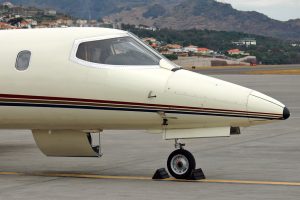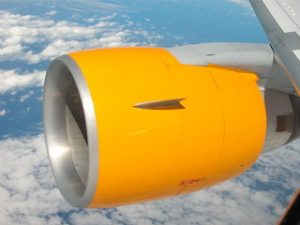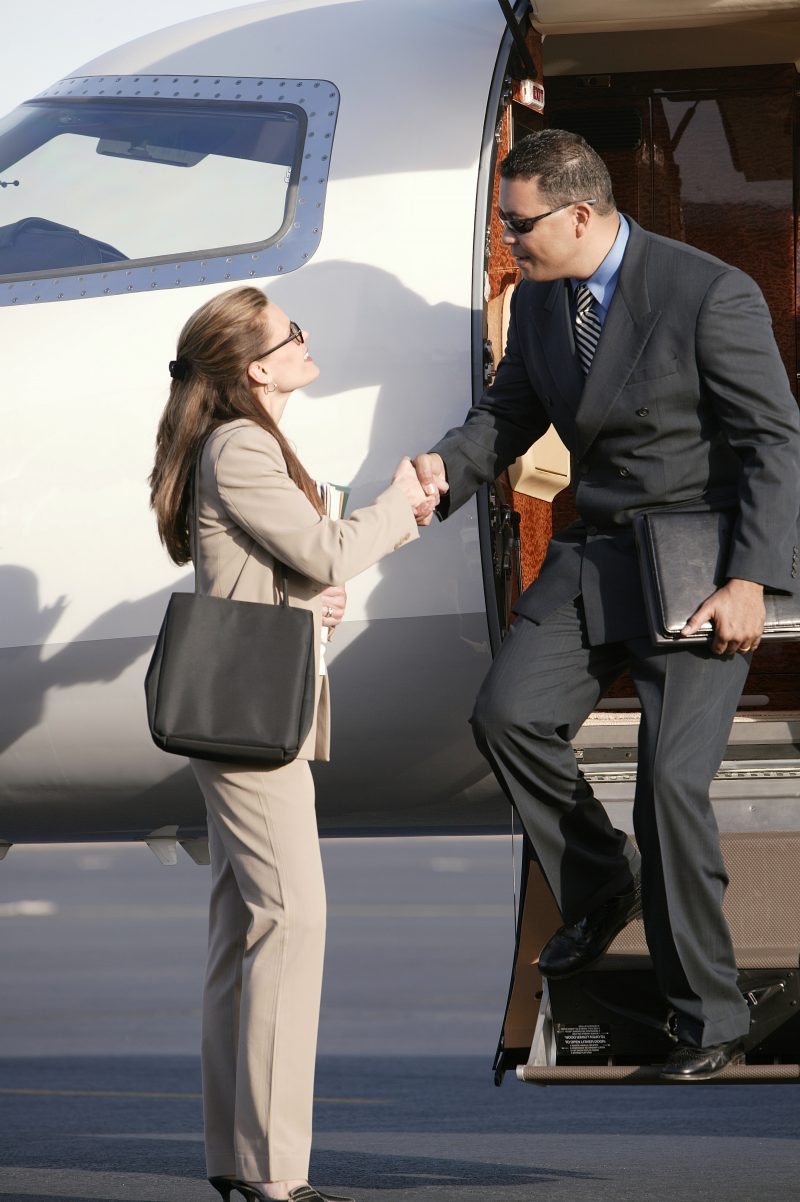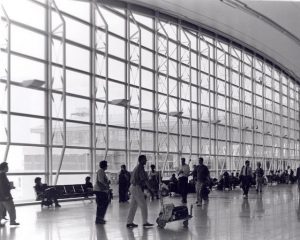Requirements For Attending An MCC or APS Course
 Aspiring commercial pilots often aim to advance their careers by participating in specialized training courses such as the Multi-Crew Cooperation (MCC) or Airline Pilot Standards (APS) course. These courses are crucial for pilots transitioning to multi-crew operations in commercial aviation. However, before enrolling in these courses, pilots must meet specific prerequisites. This article explores in detail the requirements for attending an MCC or APS course, focusing on obtaining a Commercial Pilot Licence (CPL) with an Instrument Rating (IR) on Multi-Engine (ME) aircraft.
Aspiring commercial pilots often aim to advance their careers by participating in specialized training courses such as the Multi-Crew Cooperation (MCC) or Airline Pilot Standards (APS) course. These courses are crucial for pilots transitioning to multi-crew operations in commercial aviation. However, before enrolling in these courses, pilots must meet specific prerequisites. This article explores in detail the requirements for attending an MCC or APS course, focusing on obtaining a Commercial Pilot Licence (CPL) with an Instrument Rating (IR) on Multi-Engine (ME) aircraft.
Importance of an MCC or APS course
The MCC course is designed to teach pilots the essential skills needed to operate in a multi-crew environment, emphasizing communication, coordination, and teamwork. The APS course builds on the MCC training, providing a more comprehensive preparation for airline operations with a focus on airline-specific procedures and standards. Both courses are vital for pilots who wish to work with commercial airlines, as they ensure the ability to work effectively as part of a cockpit team.
Prerequisite 1: Commercial Pilot Licence (CPL)
1) What is a CPL?
A Commercial Pilot Licence (CPL) allows a pilot to be compensated for their flying services. It is a significant step up from a Private Pilot Licence (PPL), requiring more extensive training and demonstrating a higher level of proficiency. The CPL training encompasses advanced flying skills, complex aircraft systems, and a deeper understanding of aviation regulations and safety procedures.
2) Obtaining a CPL
To obtain a CPL, a pilot must complete a series of steps, including:
-
- Eligibility requirements: Candidates must typically be at least 18 years old and hold a valid PPL. They should also have a good command of the English language.
- Flight hours: A minimum number of flight hours is required, often around 200 total flight hours, including a specified number of hours as pilot-in-command (PIC) and cross-country flying.
- Ground school: Extensive theoretical knowledge is crucial, covering subjects such as air law, aircraft general knowledge, flight performance and planning, human performance and limitations, meteorology, navigation, operational procedures, and principles of flight.
- Flight training: Practical flight training is essential, focusing on advanced maneuvers, navigation, and emergency procedures. This training includes flying both single-engine and multi-engine aircraft.
- Examinations: Candidates must pass written exams covering theoretical knowledge and a practical flight test to demonstrate their flying skills and decision-making capabilities.
Prerequisite 2: Instrument Rating (IR)
1) What is an IR?
An Instrument Rating (IR) allows a pilot to fly aircraft in various weather conditions, including those where visual flight rules (VFR) are not possible. The IR is essential for pilots who aim to operate in commercial aviation, as it enables them to navigate and control the aircraft solely by reference to instruments.
2) Obtaining an IR
To obtain an IR, pilots must complete the following:
-
- Eligibility requirements: Candidates must hold at least a PPL and meet specific medical fitness standards.
- Flight hours: A minimum number of flight hours under instrument flight rules (IFR) is required, often around 50 hours of cross-country flight as PIC and 40 hours of actual or simulated instrument time.
- Ground school: Theoretical knowledge training is necessary, covering topics such as IFR procedures, navigation aids, meteorology, and instrument flight rules and regulations.
- Flight training: Practical training includes flying with sole reference to instruments, practicing approaches, holds, and navigation procedures.
- Examinations: Candidates must pass written exams on theoretical knowledge and a practical flight test, demonstrating their ability to fly accurately and safely using instruments alone.
Prerequisite 3: Multi-Engine (ME) Rating
1) What is an ME Rating?
A Multi-Engine (ME) rating allows a pilot to operate aircraft with more than one engine. This rating is crucial for pilots intending to fly commercial aircraft, as most commercial planes are multi-engine.
2) Obtaining an ME Rating
To obtain an ME rating, pilots must complete:
-
- Eligibility requirements: Candidates must hold at least a PPL, and often an IR is recommended or required.
- Flight hours: While specific hour requirements vary, the focus is on mastering the handling of multi-engine aircraft, including engine-out procedures and asymmetric flight.
- Ground school: Theoretical knowledge covers the principles of multi-engine aerodynamics, aircraft systems, and performance characteristics.
- Flight training: Practical training focuses on the unique aspects of multi-engine flying, such as managing engine failures, operating under different power settings, and understanding the aerodynamic effects of multi-engine configurations.
- Examinations: Candidates must pass a practical flight test, demonstrating their ability to handle multi-engine aircraft proficiently.
Integrating CPL, IR, and ME for MCC/APS Eligibility
To be eligible for an MCC or APS course, pilots must hold a CPL with an IR on ME aircraft. This combination ensures that pilots have the advanced skills and knowledge necessary for multi-crew operations in complex, multi-engine aircraft. The integration of these ratings and licences provides a solid foundation for the transition to airline operations.
Why these prerequisites are essential
1) Advanced flying skills
The combination of a CPL, IR, and ME rating equips pilots with advanced flying skills necessary for commercial aviation. The CPL training ensures proficiency in complex manoeuvres and advanced navigation, the IR allows for safe operation in diverse weather conditions, and the ME rating prepares pilots for the unique challenges of multi-engine aircraft.
2) Operational competence
Holding these qualifications demonstrates a pilot’s competence in operating under different conditions and handling various aircraft systems. This competence is crucial for multi-crew operations, where pilots must work seamlessly as a team, managing the aircraft’s systems and responding to any emergencies.
3) Safety and compliance
The rigorous training and examinations required for obtaining a CPL with IR on ME aircraft ensure that pilots adhere to high safety standards and regulatory compliance. These standards are critical for commercial operations, where passenger safety and regulatory adherence are paramount.
Path to an MCC or APS Course
1) Choosing a training provider
Selecting a reputable training provider for CPL, IR, and ME rating courses is essential. Pilots should consider factors such as the quality of training, the experience of instructors, the availability of advanced simulators and aircraft, and the institution’s accreditation.
2) Structured training programs
Many flight schools offer structured training programs that integrate CPL, IR, and ME training. These programs provide a seamless pathway for pilots to acquire the necessary qualifications efficiently, often culminating in eligibility for MCC or APS courses.
3) Financial planning
Obtaining a CPL with IR on ME aircraft can be costly. Pilots should plan their finances carefully, considering tuition fees, flight hours, examination fees, and living expenses. Scholarships, grants, and financing options may be available to help manage these costs.
MCC and APS course content
1) MCC course
The MCC course typically covers:
-
- Crew Resource Management (CRM): Emphasising effective communication, decision-making, and teamwork in a multi-crew environment.
- Standard Operating Procedures (SOPs): Training on airline-specific procedures and protocols.
- Flight planning and execution: Practical exercises in flight planning, navigation, and execution in a multi-crew setting.
- Simulated scenarios: Practice of various flight scenarios, including normal operations, abnormal situations, and emergencies, using full-motion flight simulators.
2) APS course
The APS course builds on MCC training, providing:
-
- Advanced CRM: Further development of communication and teamwork skills.
- Airline-specific training: Detailed training on airline operations, procedures, and standards.
- Operational proficiency: Intensive training in handling complex flight situations, including adverse weather, system failures, and emergency procedures.
- Line-Oriented Flight Training (LOFT): Simulated real-world flight operations to prepare pilots for the airline environment.
Prerequisites ensure proficiency
Attending an MCC or APS course is a critical step for pilots aiming to transition into commercial airline operations. The prerequisites of holding a Commercial Pilot Licence (CPL) with an Instrument Rating (IR) on Multi-Engine (ME) aircraft ensure that pilots possess the necessary advanced flying skills, operational competence, and adherence to safety standards required for multi-crew environments. By understanding and fulfilling these requirements, aspiring pilots can embark on their journey towards a successful and rewarding career in commercial aviation.










